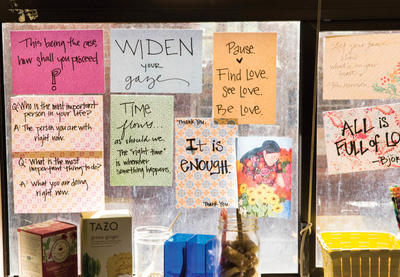These robust, ready-to-use classroom lessons offer breadth and depth, spanning essential social justice topics and reinforcing critical social emotional learning skills.
Search by keyword or browse our lesson bank—you can filter lessons by grade level, subject, topic or social justice domain. And remember, you can always create, save and share your own lessons with our Learning Plan Builder.
“[Learning for Justice] provides me with the means to promote social justice, challenge bias, and engage students in discussions about diversity that would perhaps not happen otherwise.”

